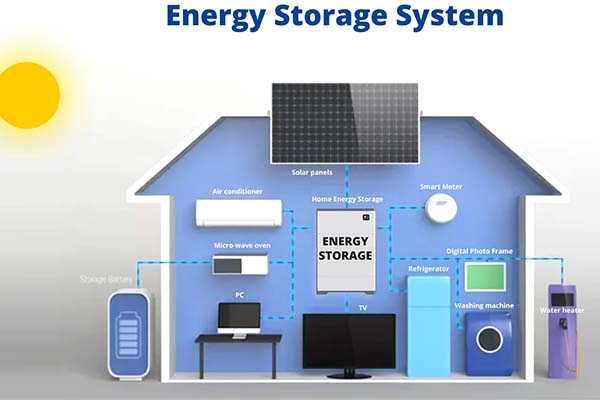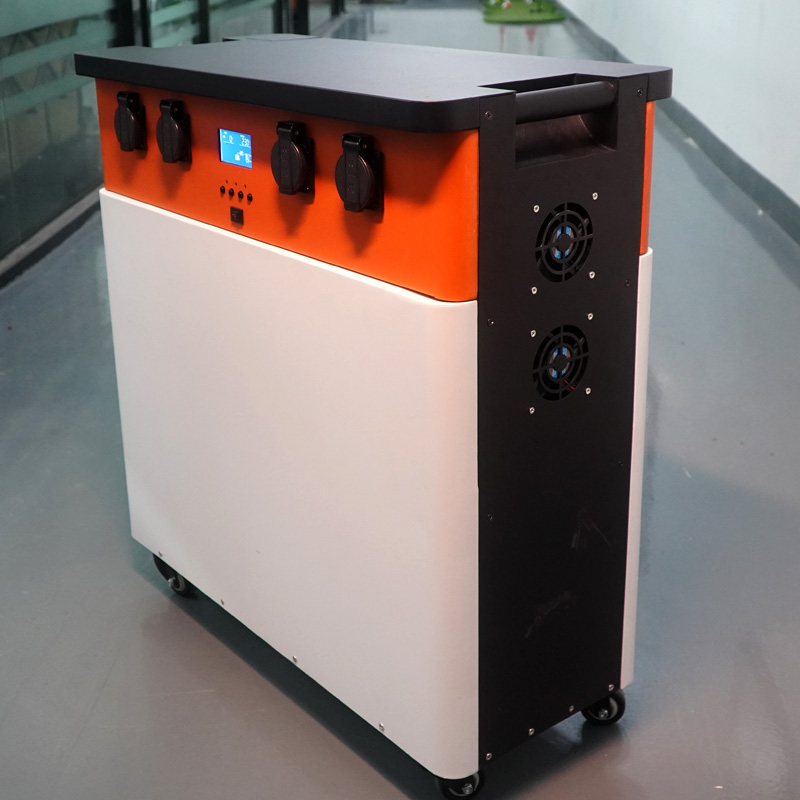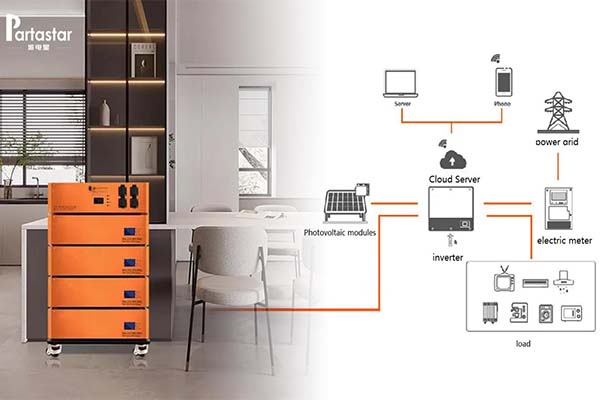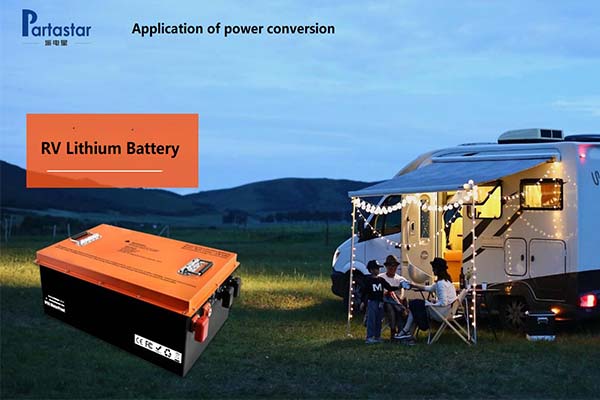As the demand for sustainable and resilient energy solutions grows, whole-house battery backup systems have emerged as a promising option for homeowners. These systems offer the ability to store excess energy generated from renewable sources and provide backup power during outages. However, before investing in a whole-house battery backup, it is essential to evaluate its worth in terms of cost, benefits, and long-term value. In this article, we will explore the key considerations and viewpoints to help homeowners determine whether a whole-house battery backup is a worthwhile investment in the realm of home energy storage.
1. Energy Independence and Resilience:
One of the primary benefits of a whole-house battery backup system is the increased energy independence and resilience it provides. By storing excess energy generated from solar panels or other renewable sources, homeowners can reduce their reliance on the grid and have a reliable source of backup power during outages. This ensures uninterrupted power supply for critical appliances and systems, such as refrigeration, medical equipment, and lighting. For individuals living in areas prone to frequent power outages or facing unreliable grid infrastructure, the value of energy independence and resilience is significant.
2. Cost Savings and Return on Investment:
Another aspect to consider when assessing the worth of a whole-house battery backup is the potential for cost savings and return on investment. By utilizing stored energy during peak electricity pricing periods or when grid electricity is expensive, homeowners can avoid high utility bills. Additionally, with net metering or time-of-use tariffs, excess energy stored in the battery can be fed back into the grid, earning credits or reducing electricity costs. Over time, these savings can offset the initial investment and lead to long-term financial benefits.

3. Environmental Impact and Sustainability:
Home energy storage systems, including whole-house battery backups, contribute to reducing carbon emissions and promoting environmental sustainability. By storing excess renewable energy, homeowners can minimize their reliance on fossil fuel-based power generation, reducing greenhouse gas emissions. The environmental impact and the ability to contribute to a cleaner and greener future are significant factors that may sway homeowners towards investing in a whole-house battery backup.
4. Long-Term Durability and Maintenance:
The durability and maintenance requirements of a whole-house battery backup system are crucial considerations for determining its worth. Lithium-ion (Li-ion) batteries, the most common technology used in these systems, have a long lifespan, typically ranging from 10 to 20 years, depending on usage patterns and maintenance. It is essential to factor in the initial investment, ongoing maintenance costs, and eventual battery replacement costs when assessing the overall value of the system.
5. Government Incentives and Support:
In many regions, governments and utility companies offer incentives and support programs to encourage the adoption of home energy storage solutions. These incentives can include tax credits, grants, or favorable net metering policies. Understanding the available incentives and their potential impact on the financial viability of a whole-house battery backup is crucial when evaluating its worth.
6. Future-Proofing and Adaptability:
Technological advancements and evolving energy policies should also be considered when assessing the value of a whole-house battery backup. Ensuring that the system is future-proofed and adaptable to changing energy storage technologies and regulations can enhance its long-term value. Compatibility with emerging smart grid technologies and the ability to integrate with other renewable energy sources or electric vehicle charging systems can further enhance the worth of the investment.
Conclusion:
Determining whether a whole-house battery backup is worth the investment requires careful consideration of various factors. Energy independence, resilience, cost savings, environmental impact, durability, government incentives, and adaptability are all important aspects to evaluate. While the upfront costs may be considerable, the long-term benefits, including reduced energy bills, enhanced sustainability, and increased resilience, can make a whole-house battery backup a worthwhile investment in the realm of home energy storage. As technology continues to advance and costs decrease, the value proposition of these systems is expected to strengthen further, making them an increasingly attractive option for homeowners seeking to optimize their energy consumption and contribute to a sustainable future.



